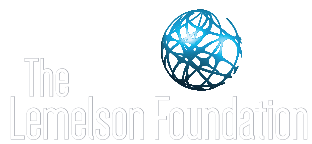
History Timeline
Jerome and Dorothy Lemelson and their family create The Lemelson Foundation with the goal of cultivating future generations of inventors who go on to build businesses that strengthen economies and improve lives. Grantees of the Foundation are some of the most prestigious educational and cultural institutions in the United States.
Cody Friesen, 2019 Lemelson-MIT Prize Winner
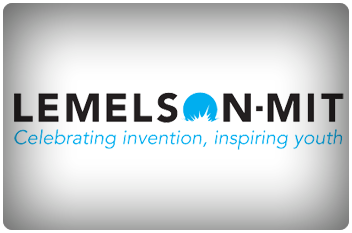
Recognizing the need to more visibly celebrate the importance of inventors to American society, Jerry Lemelson makes the Foundation’s first grant to establish the Lemelson-MIT Program at the Massachusetts Institute of Technology. The program begins with two awards – the Lemelson-MIT Prize, a $500,000 award for outstanding mid-career inventors, and the Lifetime Achievement Award, a $100,000 prize honoring outstanding individuals whose pioneering spirit and inventiveness throughout their careers inspired others and improved society.
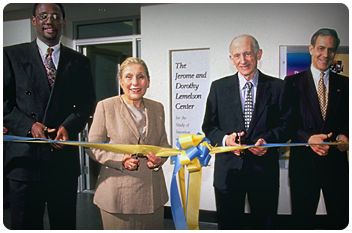
To inspire and recognize inventors as part of the American story, Jerry and Dolly Lemelson join with the Smithsonian Institution to establish the Lemelson Center for the Study of Invention and Innovation, located at the National Museum of American History. Through its exhibits and research, the Center explores the historic role of invention and innovation in the United States, and provides hands-on opportunities for children and families to create and problem-solve through its Spark!Lab installations across the country.
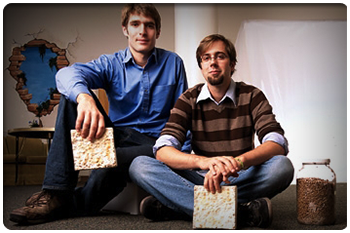
Jerry Lemelson envisions an opportunity for higher education to more actively engage students in inventing meaningful solutions with market potential. The result is one of the Foundation’s earliest grantees, the National Collegiate Inventors and Innovators Alliance (NCIIA), now known as VentureWell. Launched as five-college consortium to enable the launch and early incubation of student-led, invention-based enterprises, it has evolved into a network of nearly 400 colleges with global reach. Over the past twenty years, VentureWell has helped launch more than 1,300 ventures and attract nearly $1 billion in investment for these ventures in the U.S. and developing countries.
David Sengeh, 2014 Lemelson-MIT Graduate Student Prize Winner
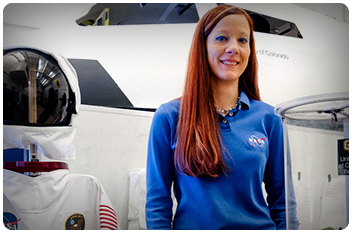
The Lemelson-MIT Prize program expands to recognize collegiate-level inventors through the Lemelson- MIT Student Prize program, beginning at MIT and expanding nationally in 2014. The prize program awards $10,000 and $15,000 to teams of undergraduate student teams and individual graduate students, respectively. The prize serves as a catalyst for young inventors in the fields of healthcare, transportation and mobility, food/water and agriculture and consumer devices.
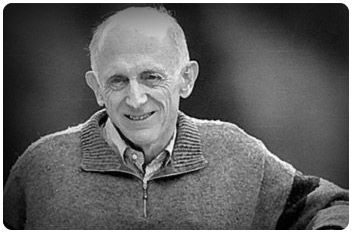
With more than 600 patents, Jerome “Jerry” Lemelson was one of the most prolific and productive independent inventors in American history. His life and inventions are featured in “Jerome Lemelson: Independent Inventor,” a biography by The Smithsonian Institution’s Lemelson Center.

Julia Novy-Hildesley helps guide the expansion of the Foundation’s work supporting invention and entrepreneurship to developing countries in Asia and Latin America.
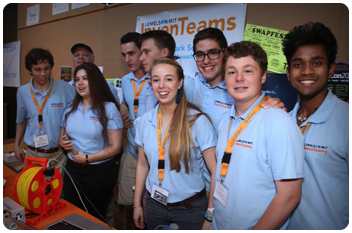
The Foundation explores how to inspire and engage secondary school students in the invention process by investing in Lemelson-MIT’s InvenTeams, its first support of an Invention Education program in the U.S. Each year, teams of high school students, educators and mentors receive up to $10,000 each to invent technological solutions to real-world problems of their own choosing, and to display those solutions at the annual EurekaFest gathering at MIT. The program later expands to include JV InvenTeams, providing introductory invention-based design activities for grades 6-10.
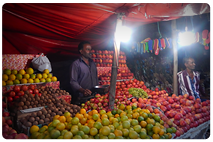
Recognizing the opportunity for global impact, the Foundation brings together leaders in innovation and sustainable development representing diverse sectors and specializations to inform the development of a new international program.
The Lemelson Foundation Board with the Advisory Committee

In response to learnings from its 2003 symposium on sustainable development, the Foundation establishes an internal Advisory Committee to provide external perspectives and ongoing strategic advice on the development and implementation of its programs. Comprised of leaders in education, entrepreneurship, technology, media and philanthropy, the Advisory Committee represents a diversity of expertise across geographies and public, private and non-profit sectors.
Promethean Power Systems, Villgro Grantee
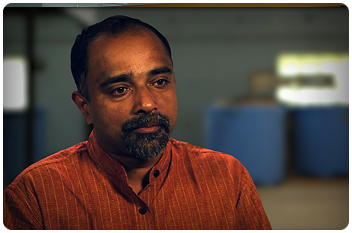
The Foundation begins to invest in recognition and mentoring programs (RAMPs) to encourage invention-based entrepreneurship in developing countries that serve the needs of the poor. RAMPS are designed to provide mentorship and capital to inventors focused on solutions for poor communities, cultivating student invention and entrepreneurship skills and facilitating international technology transfer. The first RAMP is launched in India with social entrepreneur Paul Basil, who develops a venture capital investment model to support innovation for small-scale farmers. His organization evolves into Villgro, the premier incubator of social enterprises in India. The Foundation later expands the RAMPs to Indonesia and Peru.
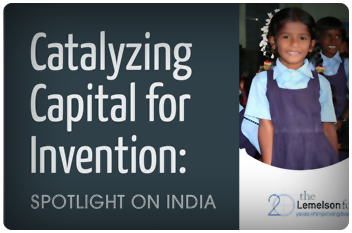
The Foundation expands its toolkit for investing in developing country entrepreneurship, using Program-Related Investments (PRIs) to help catalyze later-stage financing for entrepreneurs.
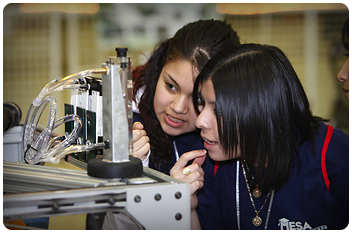
The Foundation partners with Portland State University (PSU) to fund Oregon MESA to increase access to Invention Education curriculum and programs for underrepresented middle and high school students. It also supports PSU’s Saturday Academy to encourage and enable more Oregon high school teams to participate in the Lemelson-MIT InvenTeam program.
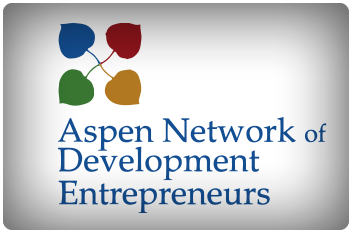
The Foundation works with the Aspen Institute and other partners to create the Aspen Network of Development Entrepreneurs (ANDE), a global network of organizations that catalyze entrepreneurship in emerging markets. Starting with 34 inaugural members, ANDE now includes more than 260 members that collectively operate in more than 150 countries.
2013 White House Science Fair
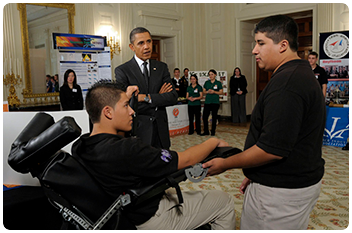
Student inventors are highlighted at the White House’s inaugural science fair. Lemelson-MIT teams are among the student participants and continue to be represented at subsequent White House Science Fairs.
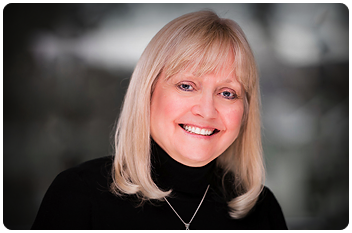
Dr. Carol Dahl becomes the Foundation’s second Executive Director, bringing a background in discovery sciences, innovation programs and global health and development, to further the Foundation’s strategic philanthropy and grantmaking in the U.S. and developing countries. Prior to the Foundation, Dahl held leadership roles at the Bill & Melinda Gates Foundation and the U.S. National Institutes of Health and served on the faculty of the University of Pittsburgh and Pittsburgh Cancer Institute.
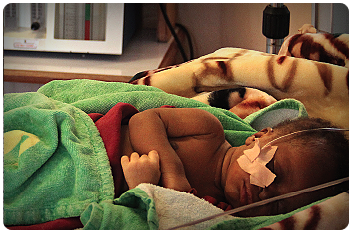
The Foundation awards its first grants as part of a collaboration with USAID and the Bill & Melinda Gates Foundation to encourage sustainable development through the support of entrepreneurs working in global health and development. The partnership funds Xcelerator, VentureWell’s customized training program, to provide training and coaching for grantees of Saving Lives at Birth, as well as the Gates Foundation’s Grand Challenges Explorations.
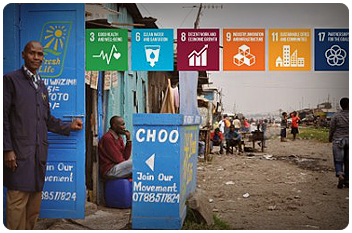
The Foundation and VentureWell award Sanergy, an MIT startup providing sustainable sanitation solutions for urban slums, the inaugural Sustainable Practice Impact Award at VentureWell’s Open Minds conference. The award recognizes companies or individuals who have demonstrated outstanding achievement in developing clean technologies, implementing sustainable practices in their businesses and/or providing exceptional educational opportunities related to sustainability for university students.
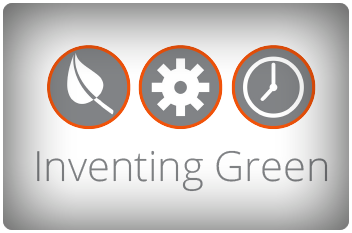
The Foundation launches efforts to invent green, making its first investments with grantees to integrate environmental responsibility into their work. It results in research, toolkits and content that elevate awareness and provide practical guidance on integrating sustainability into all stages of the invention and business development process.
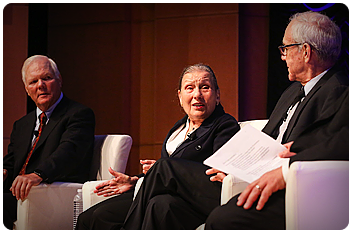
The Foundation gathers more than 300 partners, stakeholders and grantees in Washington, DC, for panel discussions on its learnings over the past 20 years, and signals a strategic focus on Impact Inventing, a construct based on the need for inventions that are designed for positive social impact, demonstrate commitment to environmental responsibility and deliver the market value to support financially self-sustaining businesses.
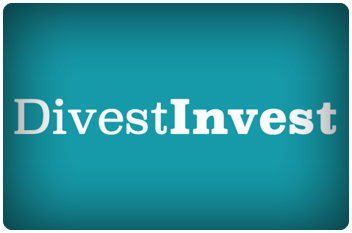
In support of the Paris Accord agreement made by global governments at COP21 to address the threat of climate change, the Foundation takes the DivestInvest pledge to divest in fossil fuels and invest in climate solutions to help accelerate the transition to a zero-carbon economy.
InventOregon 2019 Winners
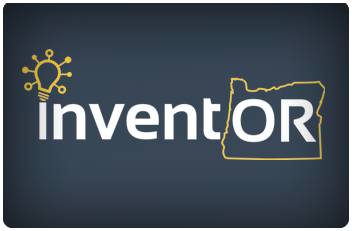
The InventOR Collegiate Challenge is launched to encourage a new generation of inventors and inventor entrepreneurs across the state of Oregon. The program awards up to $30,000 in cash prizes each year to student innovators and entrepreneurs focused on solving today’s most pressing problems. Started with just five schools participating, the program has grown to include 20 schools from across the state, including public and private four-year institutions and community colleges. Created as a partnership between The Lemelson Foundation, PSU Center for Entrepreneurship and Business Oregon, it now receives additional support from state agencies, the Oregon Lottery, the Oregon Community Foundation and industry partners.
Biosense’s ToucHb device to detect anemia
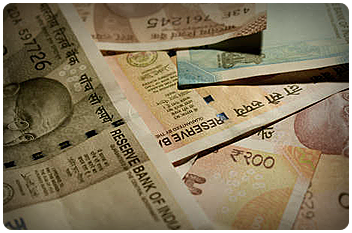
The Foundation is the first organization to leverage Masala Bonds for philanthropic purposes. Masala Bonds are rupee-issued bonds that are the most direct debt financing option available to foreign investors backing companies in India.
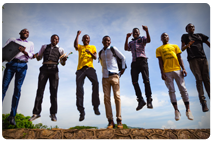
After twenty-five years of giving, the Foundation continues to be led by the Lemelson family, has provided more than $290 million in support of its mission and remains the only foundation devoted to improving lives through invention.
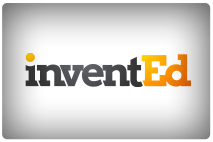
Beginning with an inaugural convening in 2014, the Foundation mobilizes a community of practice in support of Invention Education, an educational paradigm that combines open-ended problem identification and problem solving with real-world STEM applications that represents a transformational approach for students and teachers. The InventEd community releases the Invention Education Framework to facilitate wider adoption and implementation in primary and secondary education in both in-school and out-of-school settings. The InventEd community represents more than 70 organizations, including educators, business leaders, education researchers, nonprofits, policy makers and government agencies and inventors.
